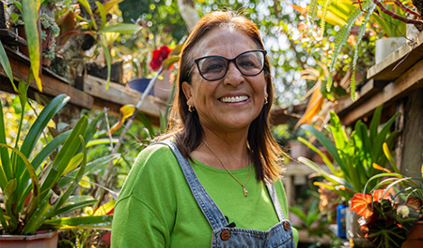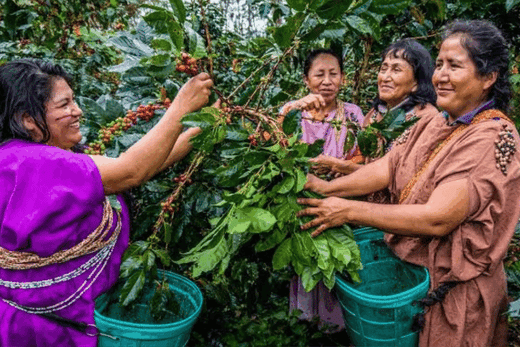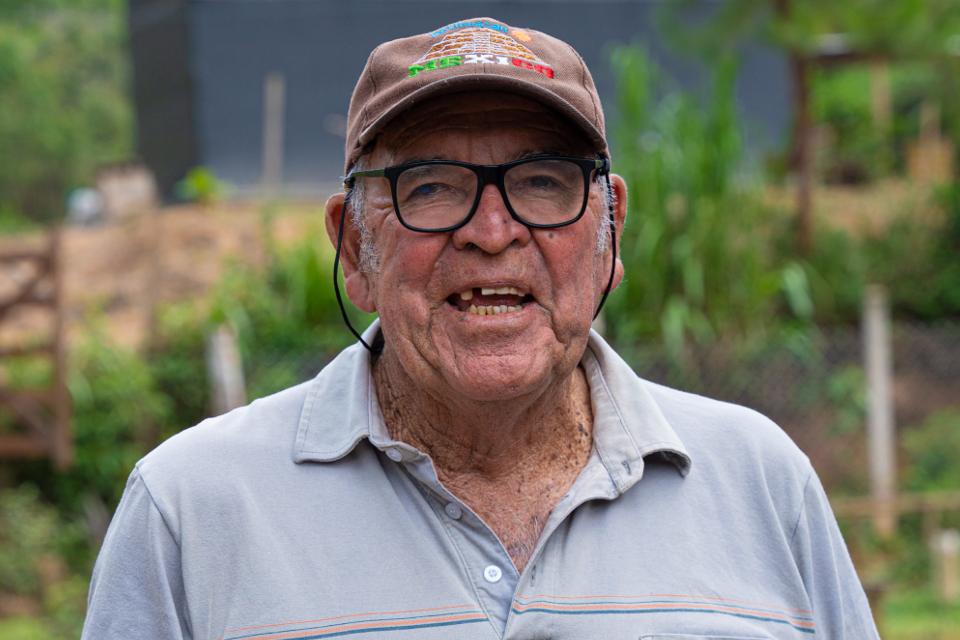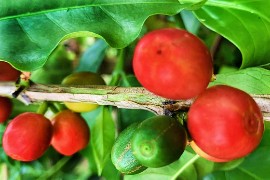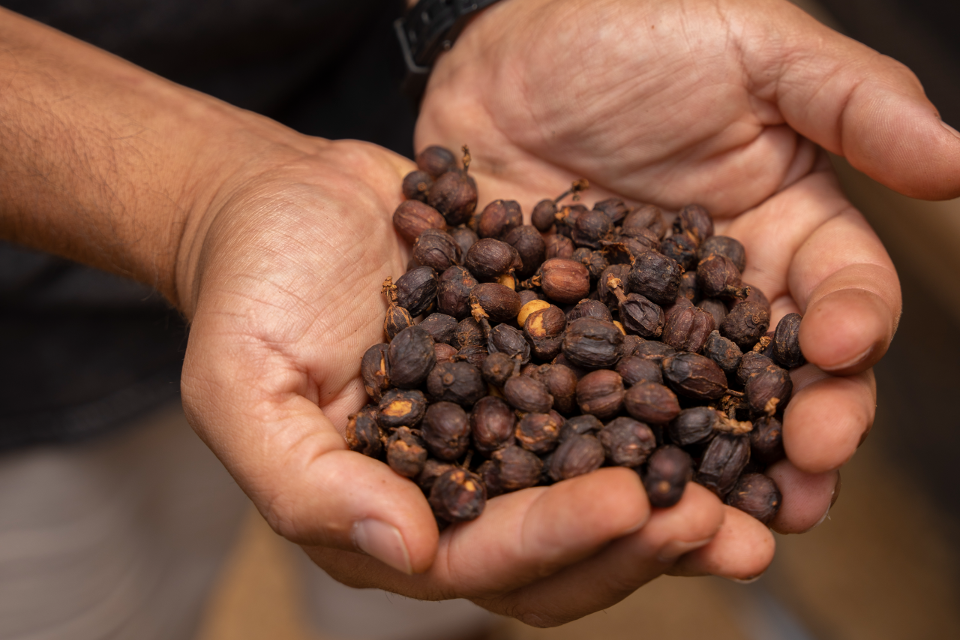
Exploring the Role of Women in Peru’s Specialty Coffee Industry: Benjamin la Torre Coffee Farm

At Blue Arrow Coffee online, Master Roaster Aldo Marchena had a meaningful encounter with Don Benjamin’s grandchildren. This meeting led to a remarkable collaboration—a direct trade partnership between Blue Arrow Coffee and Don Benjamin, facilitated by Don Benjamin’s fourth-generation son. However, behind this male-dominated narrative lies a deeper, often overlooked story: the critical role of women in Peru's coffee industry, particularly in farming and production.
The Hidden Backbone: Women in Agriculture
While men often hold the titles of farm owners or managers, it is the women who carry out much of the hands-on labor, from planting and harvesting to processing coffee beans. Women like those at the Benjamin la Torre Coffee Farm have long been central to the agricultural workforce, even though they often go unrecognized. These women contribute not only to the farm's day-to-day operations but also play a key role in preserving sustainable farming practices, especially on farms like this one, located in Peru’s Oxapampa province.
The Benjamin la Torre Coffee Farm thrives in the lush Andes Mountains, where the land’s UNESCO Biosphere reserve status promotes environmental conservation. Women, who are often the stewards of traditional farming knowledge, help ensure that these sustainable practices are passed down and maintained. Yet, despite their crucial role, women in coffee farming face numerous challenges due to the male-dominated nature of the industry.
The Struggles of Women in a Male-Dominated Coffee Industry
Despite being in charge of many of the vital tasks on the farm, women are frequently marginalized in Peru's coffee industry, where men tend to hold higher-level positions and make important decisions. Access to land ownership, resources, and training programs remains limited for women, affecting their ability to fully benefit from their labor. This gender imbalance extends to financial opportunities as well—while men may negotiate and finalize trade deals, women often do not have the same influence over the profits or reinvestment into the farm.
At Finca Santa Catalina, for example, a pivotal decision was made ten years ago to separate single coffee varieties to enhance quality. This shift has led to the production of specialty coffee beans that command higher prices. However, the profits from such innovations often do not trickle down to the women who work tirelessly to grow, sort, and process these beans. By focusing on improving the quality of their coffee, the farm can break free from low prices dictated by the stock market, yet gender disparities in economic gains remain.
Generations of Tradition: Women’s Contributions to Heritage
Many of the traditional farming methods that contribute to the excellence of the Benjamin la Torre Coffee Farm have been maintained by women, despite the fact that the farm's legacy is usually credited to male ancestors. Women have traditionally been the stewards of the land and its resources in indigenous Andean tribes like the Yanesha, to which many farmers in Oxapampa can trace their ancestry. The success of farms like Benjamin la Torre is largely dependent on their understanding of the land, the crops, and sustainable farming methods.
At Benjamin la Torre Coffee Farm, women make sure that every coffee bean harvested reflects their rich heritage, even though they frequently work behind the scenes. Every step of the coffee production process involves the labor of women, from the rich Andean soil to the cup in your hand. Despite their crucial contributions, they frequently receive inadequate recognition and compensation due to the continued male dominance in Peru's coffee industry.
An Appeal for More Gender Parity in Coffee Production
Think about the women whose efforts made it possible as you sip on a cup of Benjamin la Torre coffee, which is sourced directly by Blue Arrow Coffee Roasters. Despite structural gender barriers, their story is one of tenacity, knowledge, and love for the land. The future of Peru's coffee industry and its capacity to produce high-quality, sustainable coffee rest on acknowledging and promoting the role of women.
We can strive toward a more equitable future for all farmers by recognizing and resolving the gender gaps in agriculture, especially in industries like coffee that are dominated by men. The rich flavors of Peruvian coffee are just one aspect of its flavor; another is the hands of the women who grow it every day.
Discover the Taste of Peru when you buy Blue Arrow Coffee online, and savor the rich history, tradition, and untold stories behind each aromatic sip.

